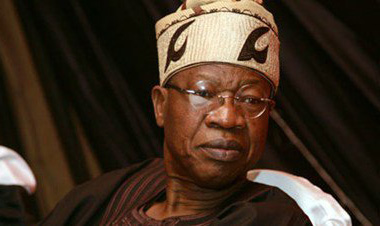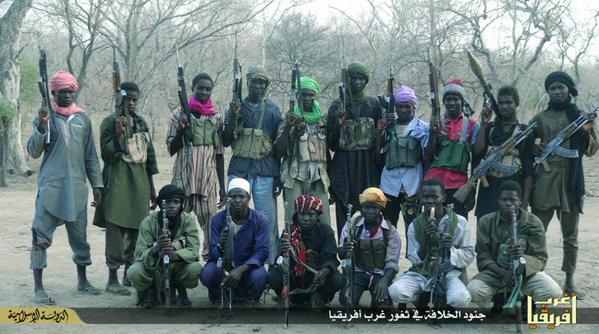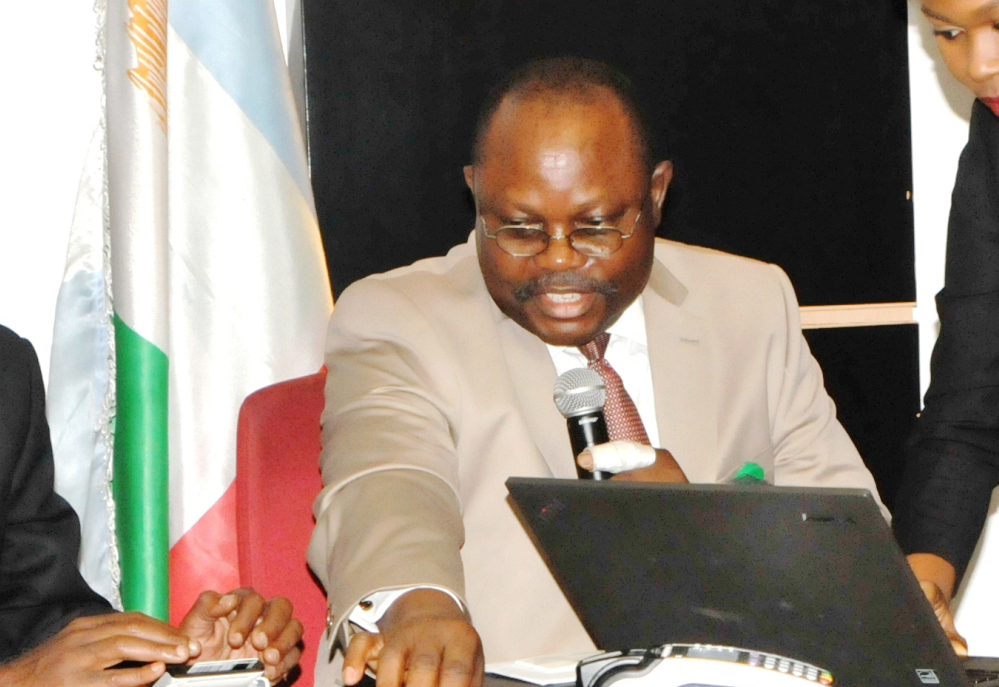The federal house of representatives on Wednesday commenced consideration of its ad-hoc committee’s report on the Petroleum Industry Bill (PIB), which has been before the national assembly since 2008.
One of the kernels of the bill is the expunging of the discretionary power of the president to grant petroleum licences.
Although, the-clause-by-clause review of the bill was suspended following a string of observations raised by lawmakers on legal technicalities, the process for the eventual passing of the bill was initiated.
Sensing a stalemate, Aminu Waziri Tambuwal, speaker of the house, who did not presided over sitting, called for an executive session with the aim of smoothing out contours before deliberation on the bill would commence.
Advertisement
However, when the house resumed its plenary session, only one section of the PIB out of 312 sections was debated, as issues emerged over the conflict of some clauses with the provisions of the constitution.
Leo Ogor, deputy leader of the house, was the first to raise an observation on Clause Two, which deals with ownership of resources, stating:
“An Act of the national assembly must not be subjected to addition or subtraction from the view expressed by the constitution regarding protection of territorial waters of Nigeria and mineral resources therein.”
Advertisement
He argued that the clause was a duplication of a clause in the constitution and should be expunged.
His position was restated by Emeka Ihedioha, deputy speaker, who presided over the sitting. Ihedioha asked Albert Sam Tsokwa, chairman, rules and business committee, for a second opinion.
Tsokwa posited that the clause could not stand, owing to its conflict with a provision of the constitution, which he said had already settled the matter.
Reacting, Tambuwal who took a seat as an ordinary member, disagreed with Ogor and Tsokwa.
Advertisement
“I was expecting Sam Tsokwa to show the contradiction as to where and how the clause runs contrary to the constitution, but he did not do that, which confirms that it does not in any way contradict the constitution,” he said.
Also speaking, Ali Ahmad, chairman house committee on justice, argued that ownership of mineral resources should not be only denote petroleum resources found in certain communities with attendant negative effects.
The clause was suspended following Ihedioha’s advice that committee members meet to review it.
Another contentious area was Clause Six, which concerns the power of the petroleum minister to chair boards of agencies under the ministry and make recommendations to the president on issues of appointments as well as perform inspectorate functions.
Advertisement
While some members argued that the power of the petroleum minister was enormous under the provision and should be whittled down, other members reasoned that it should remain, saying it would enable the minister to exercise oversight functions over the industry since the president, as a politician, might not be well-versed in the technicalities of the sector and should not be burdened with responsibilities he could delegate to subordinates.
To rest the argument, Ihedioha expressed the view that “allowing the president to assume the inspectorate role of the ministry is whittling down his status and reducing him to performing the role of appointees, which will not be justifiable”.
Advertisement
The clause was eventually passed after a voice vote.
Clause Seven of the PIB also came under question owing to its supposed conflict with section 305 of the constitution, as it deals with matters of state of emergency in the oil sector. The clause confers power on the petroleum minister to suggest or advise the president on the need to declare a state of emergency in the event of an industrial crisis.
Advertisement
The session was brought to end before intense debate could commence on the clause. The house thereafter adjourned to Thursday for a continuation of the process.
Advertisement
1 comments








PIB bill being considered by the 7th legislature at the 11th hour!
Pray, what have they been doing for the last four years?